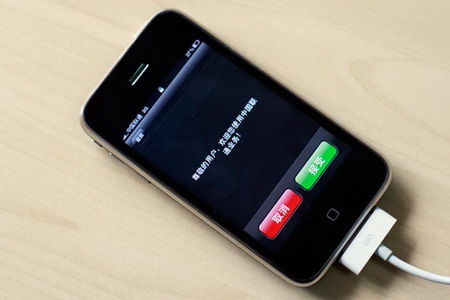BizChina
- Details
- By Gady Epstein
- Hits: 1239
WikiLeaks founder Julian Assange doesn’t think much of the activists planning a Chinese version of WikiLeaks, blasting them with the kind of vitriol often reserved for him by critics of his document dumps.
My colleague Andy Greenberg interviewed Assange for two hours earlier this month in London for this Forbes cover package. While making some tantalizing pronouncements about leaks yet to come from the corporate world, including a major U.S. bank, Assange doesn’t seem to be looking forward to what emerges from the China copycat. Though he doesn’t name the group, he appears to be talking about Government Leaks, which is planning a June 1, 2011, launch, according to The South China Morning Post.
Read more: Assange Slams China’s WikiLeaks Copycat: ‘Very Dangerous To Do It Wrong’
- Details
- By David Cao
- Hits: 1417
China Petroleum and Chemical Corporation (Sinopec), China's largest oil refiner, said Friday it has suspended diesel exports to relieve shortages in the domestic market.
Sinopec also said it is seeking to import 200,000 tons of diesel.
PetroChina Co, China's largest oil producer, plans to import 200,000 tons of diesel. Some 35,000 tons of it has already arrived.
Insiders said China's diesel output in the first nine months soared, prompting the two oil giants to expand exports.
Sinopec attributed recent hikes in the domestic price of diesel to hoarding, seasonal factors, transport factors and energy-saving measures.
Read more: Sinopec suspends diesel exports amid domestic market shortage
- Details
- By David Cao
- Hits: 2060
 Sales of Chinese welfare lottery tickets this year have set a record.
Sales of Chinese welfare lottery tickets this year have set a record.
According to the Welfare Lottery Distribution and Management Center (WLDMC), sales of the tickets until November 9 increased 26 percent year on year to 80 billion yuan ($11.9 billion).
Computerized sales rose 11.3 percent year on year to 60.7 billion yuan while spot sales grew nearly 50 percent year on year to 11.6 billion yuan.
Online sales totaled nearly 7.7 billion yuan.
Read more: China's welfare lottery sales grow 26% to 80b yuan
- Details
- By David Cao
- Hits: 1240

Minor scuffles erupted outside Apple's flagship store in Beijing during the weekend as thousands of customers lined up to purchase the hotly anticipated iPhone 4.
Some would-be buyers waited all night for the chance to buy the equipment and a few anxious people lost their cool, causing police to be called to the store in Sanlitun Village.
It was the first time that the fourth version of the popular handset has been officially available on the Chinese mainland.
A number of people camped overnight while others waited in line for hours in order to be among the first in China to buy the phone, which went on sale in the capital on Saturday. Lines wrapped around the Apple store and filled much of the popular shopping plaza.
- Details
- By David Cao
- Hits: 1138
China's massive steel sector produced 2 percent more crude steel in the first 10 days of November than in late October, data from the China Iron & Steel Association (CISA) showed on Thursday.
The country's average daily crude steel output stood at 1.601 million tons in the first 10 days of November, up from 1.564 million tons per day in the last 11 days of October.
The association's member producers, about 77 medium- and large-sized steel mills, produced 1.333 million tons each day during the November 10-day period, little-changed from late October.
CISA earlier expected the country's steel production to stay at low levels in November and December.
More Articles …
Page 44 of 120